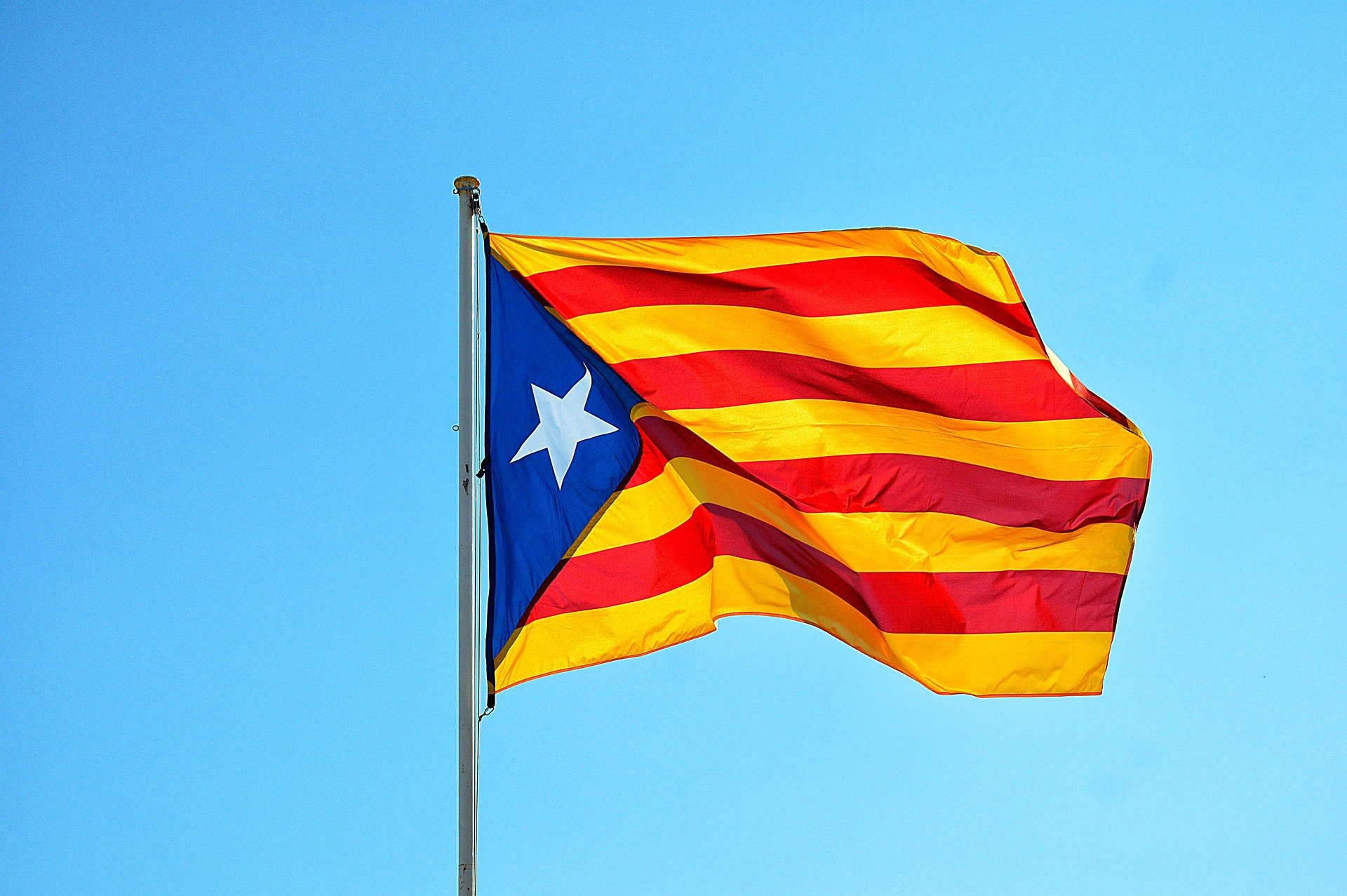The Regional Electoral Commissions of the Catalan towns of Cadaqués, Cardedeu and Tordera have forced their city councils to remove the esteladas (Catalan pro-independence flag) from their public squares during the 2023 general election campaign. The commissions have taken this decision after the complaints filed by the Spanish pro-unionism organization Impulso Ciudadano under the principle of neutrality in electoral periods. The three municipalities have already removed the flags, although it is expected that they will put them back after July 23rd in the public spaces where they appeared.
In fact, in the case of Cadaqués, they already had to do so for the municipal elections of May 28th in order not to violate the “neutrality” in public spaces in electoral period. Impulso Ciudadano celebrated the decisions taken by the competent area electoral commission of each of the three towns via Twitter, and accused the “majority of Catalan municipalities” of “systematically breaking the law”. In addition, they shared an email so that anyone can send a photo with the location, date and exact time in which it was taken to again report to the administrative body all pro-independence flags that remain in public places during the election campaign.
In another tweet, they specify that they have already filed “over 400 complaints in Catalan municipalities” for violating institutional neutrality throughout several election campaigns. In addition, they consider “regrettable” that “so many Catalan authorities put the institutions that represent us all to the service of their ideology with no regard”.
Other polemic decisions of the Electoral Commision
Throughout this campaign, the Electoral Commission has also been in the limelight for other decisions. One of the most controversial was the answer it gave to RTVE, the Spanish national television network, about the broadcasting of a Falange (fascist group founded in Spain in 1933 by José Antonio Primo de Rivera) radio advertisement which included the Francoist anthem Cara al sol. The administrative body declared it was not competent to establish whether this advertising spot infringes the law on democratic memory. The electoral arbiter pointed out that it would have to be settled in court, and that the Spanish public radio and television broadcaster could bring it to the attention of the Public Prosecutor's Office: “The Central Electoral Commission has repeatedly stated that it does not have the powers to order the suspension of an electoral propaganda video for its alleged criminal content, to the extent that, in accordance with the provisions of Article 20.5 of the Spanish Constitution, only by virtue of a court order may the seizure of publications, recordings or other means of information be ordered”.

